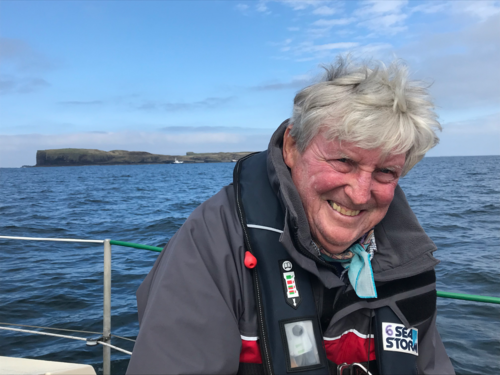Ian W.D. Dalziel | |
|---|---|
Ian Dalziel at South Georgia Island in 2008. Photo courtesy Jackson School of Geosciences | |
| Born | 26 November 1937 Glasgow, Scotland |
| Nationality | Scottish |
| Alma mater | University of Edinburgh |
| Awards | Murchison Medal (1992) Bownocker Medal (1997) Clough Medal (2003) Honorary Fellow of the Geological Society (2005) Penrose Medal (2021) |
| Scientific career | |
| Fields | Geophysics field geology plate tectonics |
| Institutions | University of Texas Columbia University University of Wisconsin University of Edinburgh |
| Thesis | A Structural Study of the Granite Gneiss of Western Ardgour (1963) |
Ian Dalziel is a Scottish geologist who pioneered the study of pre-Pangaea plate tectonics and the theory of supercontinent cycles on Earth. [1] In particular, he is known for geologic fieldwork in the southern Andes, the Scotia Arc, South Georgia and Antarctica. [2] His discoveries include evidence for the timing of the separation of South America from Antarctica and the beginning of the Antarctic Circumpolar Current. [3] [4]
Contents
In 2021, Dalziel was awarded the Penrose Medal by the Geological Society of America. [5] In 2023, Dalziel was awarded the Polar Medal by the U.K. and Commonwealth government. [6]
